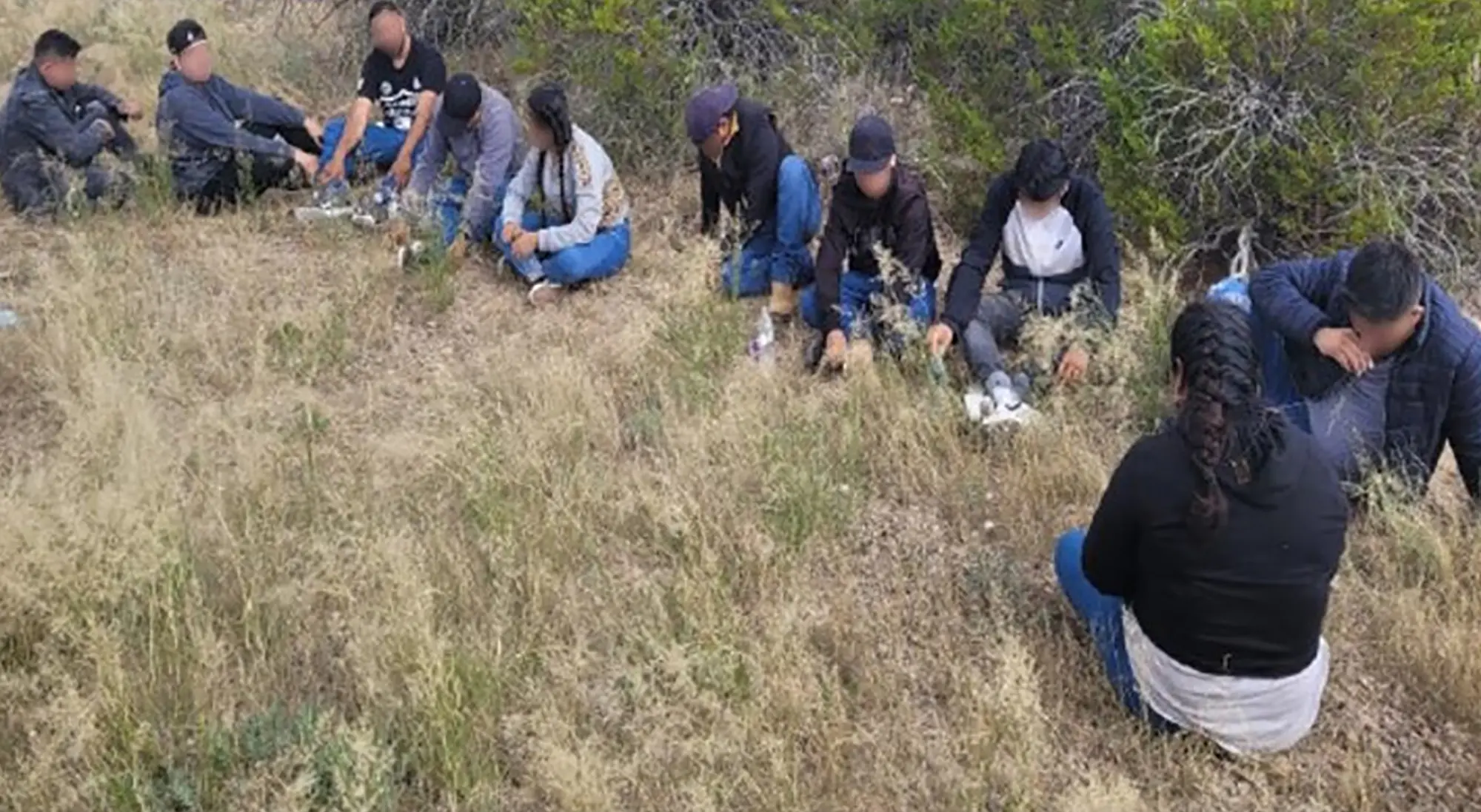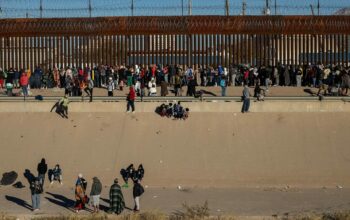On April 10, I joined three tribal leaders at a hearing held by the U.S. House Committee on Natural Resources to examine the threat to Indian Country communities posed by foreign drug cartels. Those leaders expressed alarm at how Mexican drug cartels have rapidly established a foothold on drug trafficking and other criminal activities in their communities, and they literally braved death threats to appear at the hearing.
Representatives of two tribes in Montana and one from Arizona implored Congress and federal agencies to prioritize the well-being of the citizens in Indian Country by securing the border and providing resources to help them eradicate the cartels. Said Jeffrey Stiffarm, president of the Fort Belknap Indian Community: “It seems like [the feds] are more concerned about the immigrants coming across the border than concerned about what they’re doing here once they get here … and to me more importantly, the first people of this country they’re coming into.”
The Sinaloa cartel in particular has targeted several Indian reservations in northern Montana, including Blackfeet, Rocky Boy’s, Fort Belknap, and Fort Peck, for expansion of their drug-trafficking enterprise. They are attracted primarily by the opportunity of huge profit margins, as fentanyl pills can be sold for as much as $100, compared to three to five dollars in urban areas of the country. Other factors that work in the cartels’ favor are the remote geography, relative scarcity of law enforcement, and jurisdictional complications between tribal police and local and federal authorities.
According to tribal leaders, the cartel operatives can “blend in” to the native communities, and in some cases have “married in” to become embedded in the reservation community and to facilitate the recruitment of street-level dealers, who are often local people who become vulnerable to cartel control through addiction and substance abuse. The tribes have experienced a spike in sex trafficking, child abuse and neglect, domestic violence, and theft that they attribute to the burgeoning drug addiction problem fostered by the cartel. The week before the hearing, two residents of the Rocky Boy’s reservation were killed in what was described as a cartel hit.
Stiffarm stated that the Fort Belknap reservation police deal with cartel-related crime on a daily basis, but they generally have no jurisdiction over non-tribe members, and the cartels know it. Federal authorities, including Border Patrol, ICE, and the FBI are rarely present on these tribal lands. Verlon Jose, chairman of the Tohono O’odham Nation, lamented that “the feds don’t follow their own mandates” to enforce immigration and other federal laws, and that his tribe, which is located on the U.S. southern border, spends half of its law enforcement budget on border-related crime, including investigating everything from the deaths of crossers to stolen property.
The dismantling of border security under Biden policies has enabled foreign drug cartels to expand drug-distribution networks, devastating American communities in the process. This, together with the lucrative human-smuggling and trafficking business, has not only enriched foreign drug cartels to an unprecedented level, but apparently has now emboldened them to import their tactics of intimidation of political leaders to create a safe environment in which to operate. This is a disturbing development, and represents a genuine threat to American civil society.















